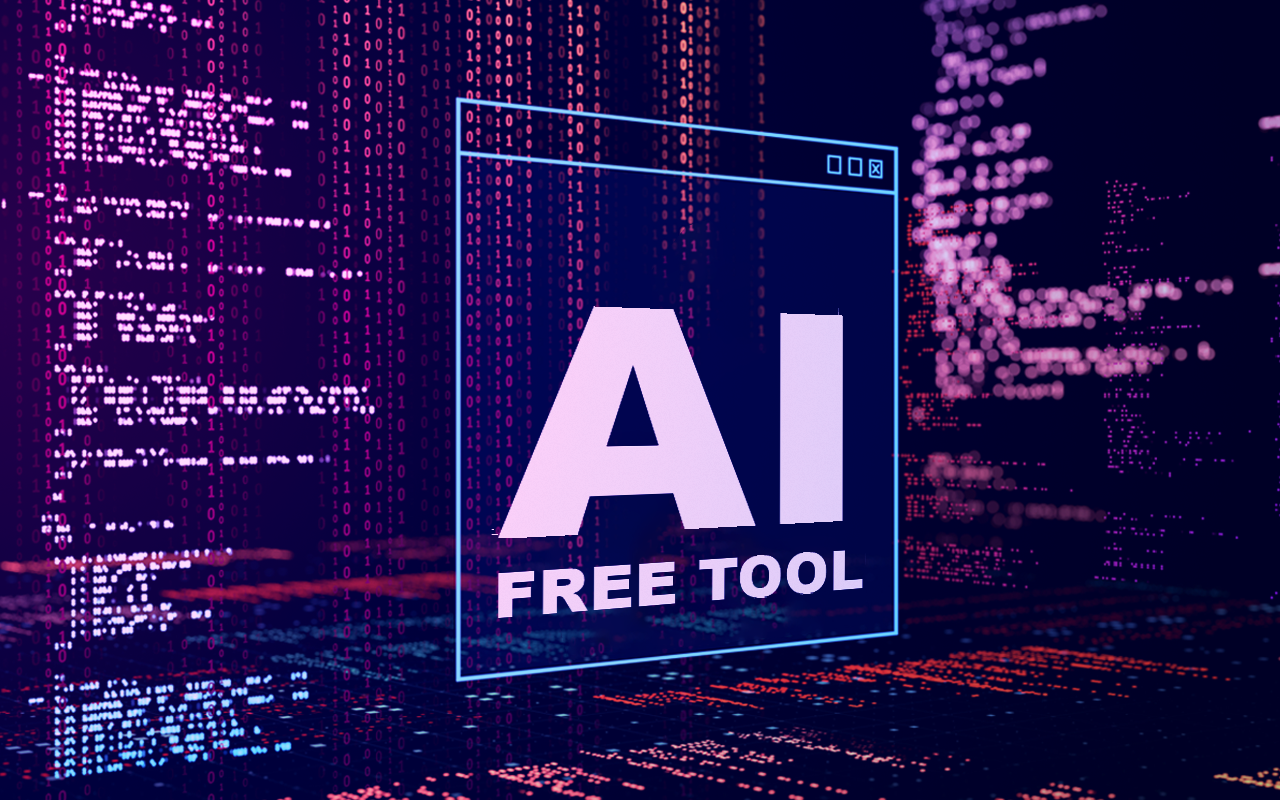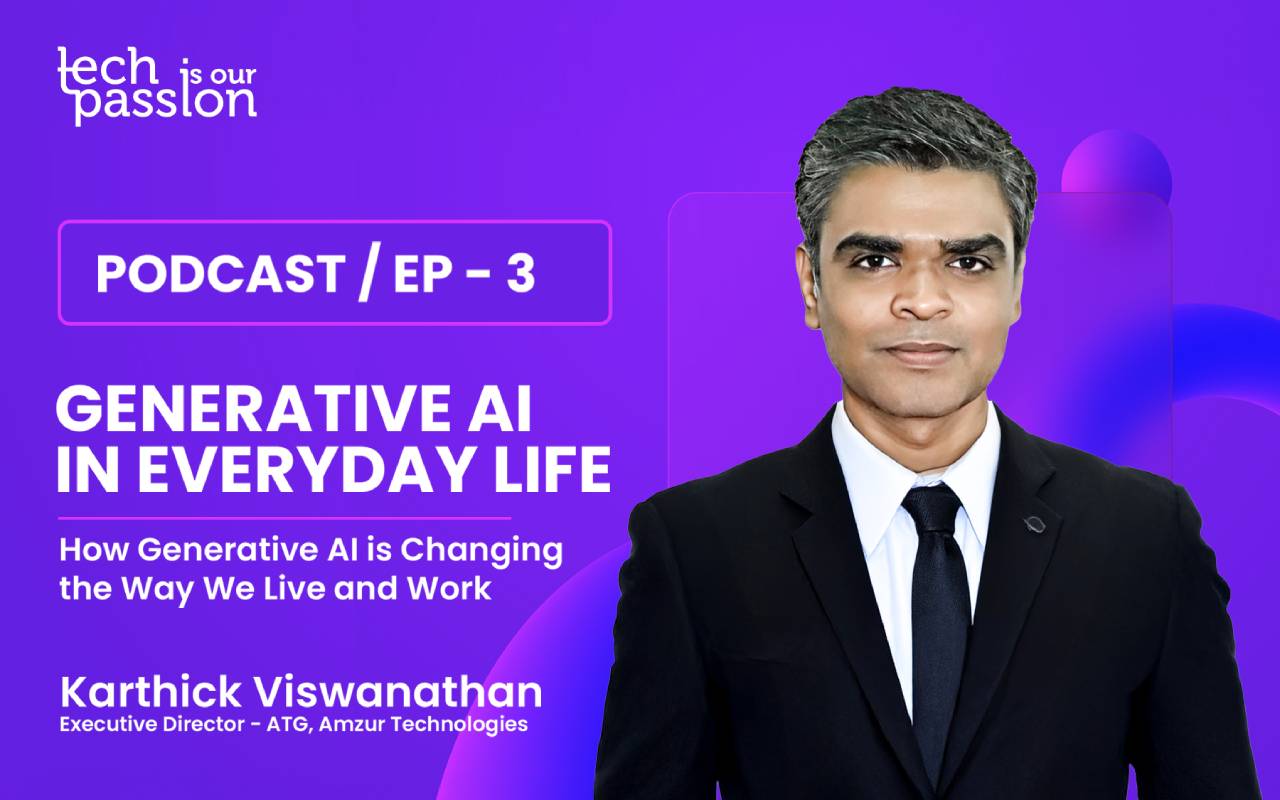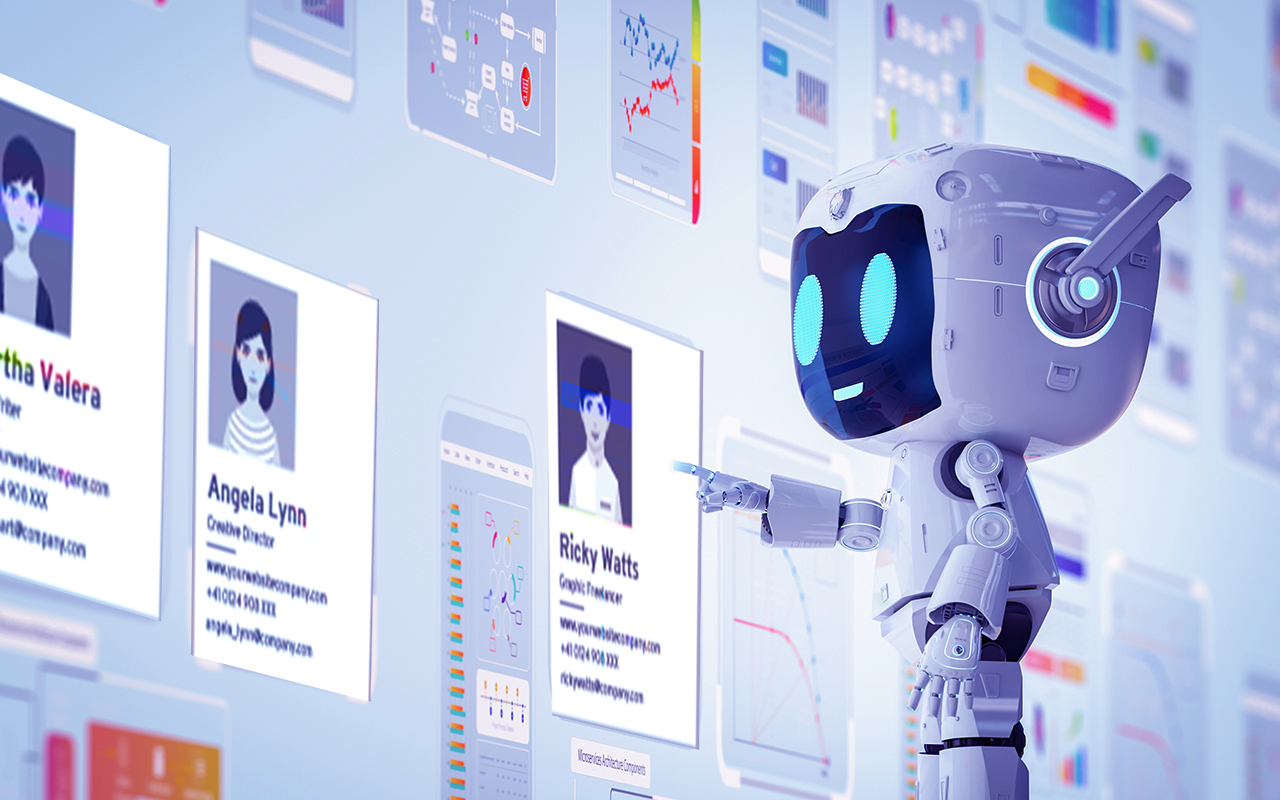- Published:
- Reading time: 8 minutes
Introduction: AI’s Convenience Comes at a Price
The trade-off? Your data.
We often assume that because an AI tool is “free,” it’s safe to use. But as businesses increasingly integrate AI into their workflows, they are unknowingly exposing sensitive company data, intellectual property, and personal information to third parties—often without explicit consent.
Two real-world examples highlight the urgency of this issue:
- Samsung employees accidentally leaked confidential company code while using ChatGPT, leading to an internal ban on AI tools.
- An AI-powered resume builder was found collecting and selling user employment history data to advertisers—without users’ knowledge.
These cases are not isolated incidents. They are warnings. If businesses and professionals don’t start prioritizing AI security and privacy, they may find themselves victims of data exploitation, compliance failures, and reputational damage.
So, let’s dive deeper into why privacy and security must be at the core of AI adoption and how businesses can safeguard their data while leveraging AI’s capabilities.
The Samsung ChatGPT Data Leak: A Case Study in AI Risk
In early 2023, Samsung employees unintentionally leaked confidential company information while using ChatGPT to optimize programming scripts. Employees, unaware of ChatGPT’s data retention policies, entered proprietary source code and sensitive data into the AI model. [Source]
- Lack of awareness about data retention – OpenAI’s ChatGPT stores inputs for training improvements, meaning Samsung’s proprietary code became part of the AI’s learning model.
Customer trust erosion—once customers see an AI making mistakes, credibility is gone. - No internal AI policy or restrictions – Employees freely used ChatGPT for sensitive work without security controls in place.
- No clear opt-out mechanism – Samsung didn’t have a structured process to restrict data from being shared with external AI models.
- Data Exposure – Samsung’s trade secrets could have been inadvertently incorporated into future AI-generated responses.
- Loss of Control – Since the data was entered into a third-party AI tool, there was no way to retract or delete it.
- Company-wide AI Ban – After the breach, Samsung restricted employees from using external AI tools, a move that could have been avoided with proper AI governance.
Samsung’s misstep serves as a cautionary tale—if a global tech giant can fall victim to AI data leaks, any business using AI tools without strict security protocols is at risk.
AI Resume Builder Scandal: The Silent Threat of Data Monetization
If Samsung’s case was an accidental oversight, the AI-powered resume builder incident was a deliberate violation of trust.
In 2023, an AI-driven resume-building tool was caught collecting and selling user employment history data to advertisers without informing users. [Source 2]
- Users unknowingly entered personal career information, including past jobs, salaries, and professional skills into the resume builder.
- The AI tool stored this data, and instead of deleting it after generating resumes, it sold employment histories to third-party ad agencies.
Users had no explicit opt-out option—the AI service did not clearly disclose how their data would be used.
- Privacy Breach – Users’ professional histories became a commodity for advertisers without their consent.
- Manipulative Ad Targeting – Companies buying this data could exploit employment trends for recruitment or discrimination.
Regulatory Backlash – Privacy watchdogs raised concerns about data exploitation and unethical AI monetization practices.
This case reinforces a critical reality: Free AI tools often make money by selling user data, and if users don’t read the fine print, they could be unknowingly giving away valuable personal and business information.
How to Secure Your Data While Using AI Tools
1. Choose Enterprise-Grade AI Over Free AI Models
Many free AI tools store user inputs, while enterprise AI models offer data protection guarantees. Invest in business-grade AI solutions such as:
- Microsoft Azure OpenAI
- Google Cloud AI
- AWS AI Services
These platforms ensure data encryption, security compliance, and controlled access, reducing risk.
2. Implement AI Governance & Security Policies
- Create internal AI usage policies—define which AI tools are approved and what data employees can input.
- Use AI filters to prevent the input of sensitive business information into AI models.
Regularly audit AI tools to identify any potential security vulnerabilities.
3. Read AI Privacy Policies Before Use
- Always review how AI tools handle user data—do they store inputs? Do they use data for training future models?
If there’s no clear data protection policy, avoid using that AI tool for sensitive tasks.
4. Limit the Data You Share with AI
- Never enter personal or proprietary business data into AI tools without security guarantees.
If you must use an AI tool, strip away identifiable details before inputting sensitive information.
Final Thoughts: AI Should Empower, Not Exploit
AI is reshaping the future of work, automation, and business intelligence, but it must be used responsibly. The Samsung ChatGPT data leak and the AI resume builder privacy violation are stark reminders that AI tools can be double-edged swords—offering efficiency but also exposing businesses to unforeseen risks.
As an AI leader and enthusiast, I strongly advocate for a security-first approach to AI adoption
– Karthick Viswanathan.
- Invest in secure, enterprise AI solutions.
- Create governance policies for AI usage.
- Educate employees on the risks of free AI tools.
- Continuously monitor AI compliance with privacy laws.
Your data is valuable. Don’t give it away for free. If your business is using AI, make sure it’s AI that respects privacy, security, and ethical usage.
What’s your take? Have you encountered AI privacy risks in your industry? Let’s discuss in the comments!
Watch our recent podcast on Generative AI evolution and its impact on industries.
Written by:






